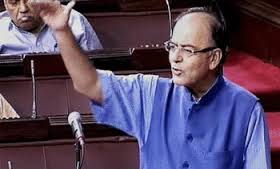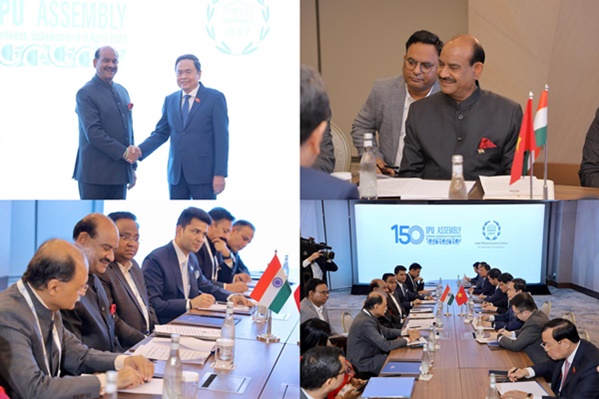Parliament passes black money bill
Thu 14 May 2015

New Delhi: With Parliament passing the black money bill, Finance Minister Arun Jaitley stressed that the “compliance window” provided by the legislation was not an amnesty scheme to criminals and tax evaders but a last chance for errants to correct their mistakes.
Stating that the stringent penalty clauses of the legislation would act as deterrent measures, Jaitley said, “It will be safer for people to pay a legal tax rather than having sleepless nights.”
He was responding to the debates on the Black Money (Undisclosed Foreign Income and Assets) and Imposition of Tax Bill, 2015, that was passed by the Upper House on Wednesday. The Lok Sabha had passed it on Monday.
The minister assured the House that innocents would not be harassed and students who forget to close their bank accounts opened while studying aboard would not be chased. “The bill targets accounts having more than Rs 5 lakh and not student accounts with a few hundred dollars,” he said.
Under the new law, undisclosed income stashed abroad will be taxed at the rate of 30 per cent with an additional penalty of 30 per cent within a compliance window
period that would be fixed later.
period that would be fixed later.
Beyond the window period, the deduction would be 120 per cent – 30 per cent tax and 90 per cent penalty. Jaitley said the government has proposed a modification of the money laundering act so that equivalent amount of Indian assets of a defaulter can be attached in case the person did not pay up.
“The law does not offer any protection from naming and shaming. The NRIs are exempted as the new law is applicable only for resident Indians staying for at least 182 days in a year in India,” he said.
On the black money amnesty scheme, he said when in 1997, the United Front government announced such a scheme to improve its tax collections, it submitted an affidavit in the Supreme Court promising that the scheme was the last one from the government.
The finance minister said legal proceedings have been initiated against close to 450 foreign account holders whose names were supplied by Germany and France.
Tax demand of Rs 4,520 crore was placed on 422 HSBC account holders, from 628 names that German authorities supplied to India
No Comments For This Post, Be first to write a Comment.
Most viewed from Specials
Most viewed from World
AIMIM News
Latest Urdu News
Most Viewed
May 26, 2020
Do you think Canada-India relations will improve under New PM Mark Carney?
Latest Videos View All
Like Us
Home
About Us
Advertise With Us
All Polls
Epaper Archives
Privacy Policy
Contact Us
Download Etemaad App
© 2025 Etemaad Daily News, All Rights Reserved.






















.jpg)
.jpg)
.jpg)

















